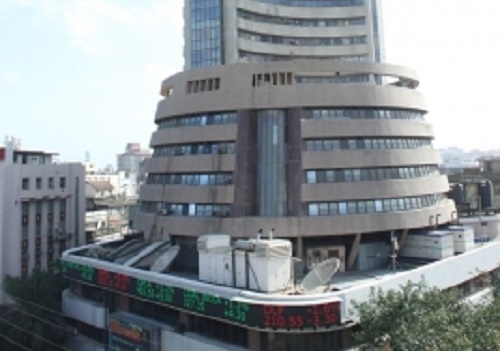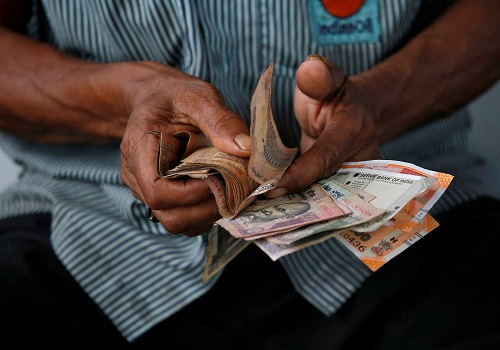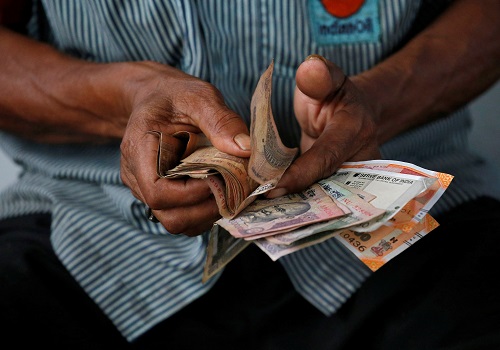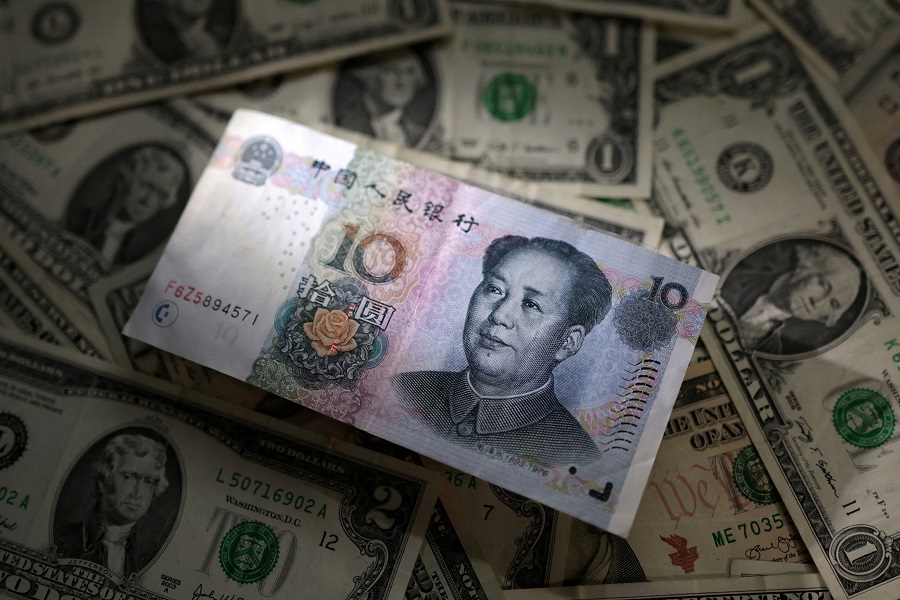India rupee, bonds fall for second straight month; RBI policy in focus

MUMBAI - The Indian rupee traded in a tight band in July closing the month with mild losses against the dollar while the benchmark 10-year bond yield rose for a second straight month with high global crude weighing on sentiment.
The partially convertible rupee ended at 74.41 per dollar compared with its close of 74.2850 on Thursday. The unit lost 0.1% on the month, posting its second straight monthly fall after having dropped 2.4% in June.
The rupee traded in a range of 74.22 to 74.95 during the month with traders cautiously watching the outcome of the U.S. Federal Reserve's statements around its plan on tapering of the massive bond buying stimulus.
Sentiment has been lifted after the Fed did not outline a taper timeline, which is expected to aid local shares and the rupee in the near future.
Domestically, foreign fund inflows towards several large and small initial public offerings including online food delivery app Zomato among others helped the rupee.
"There were flows in the market, but RBI (Reserve Bank of India) was around to absorb the flows keeping the rupee in a relatively tight band," a senior trader at a foreign bank said.
He expects the rupee to continue to trade in a 74.20 to 74.80 range unless there is a strong global trigger.
Traders are now awaiting the monetary policy committee's meeting outcome on Aug. 6 for further cues on liquidity withdrawal in the domestic market. Almost all traders and economists expect no change in interest rates next Friday.
The benchmark 10-year bond yield ended unchanged at 6.20%. Yields rose for a second straight week and month. The 10-year yield rose 15 basis points in July after rising 3 bps in June.
Traders expect yields to rise further, but the central bank is expected to intervene either directly in the market or through some form of open market operation to prevent a large uptick in yields and keep the government's borrowing costs in check.
The 10-year is expected to trade in a range of 6.15%-6.25% next week.
Oil prices fell on Friday but remained on track to post weekly gains with demand growing faster than supply, while vaccinations are expected to alleviate the impact of a resurgence in COVID-19 infections across the globe. [O/R]







.jpg)


















